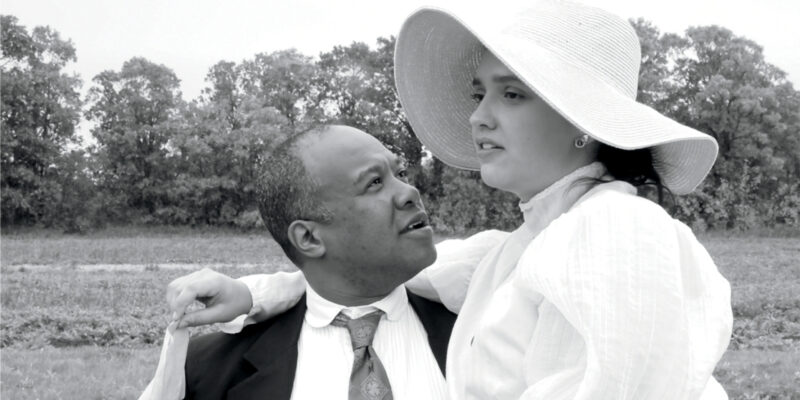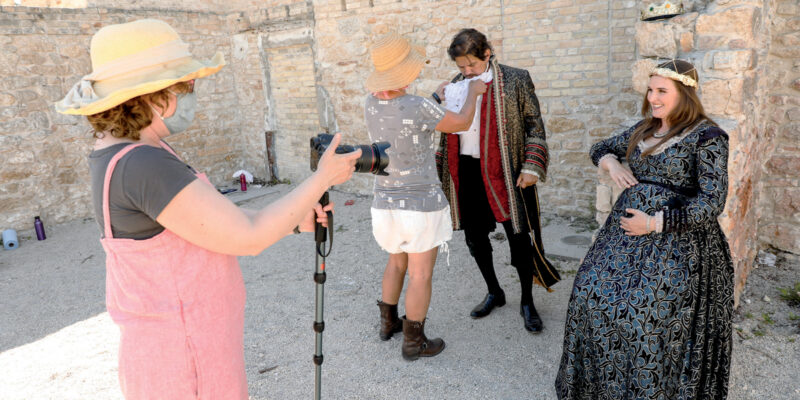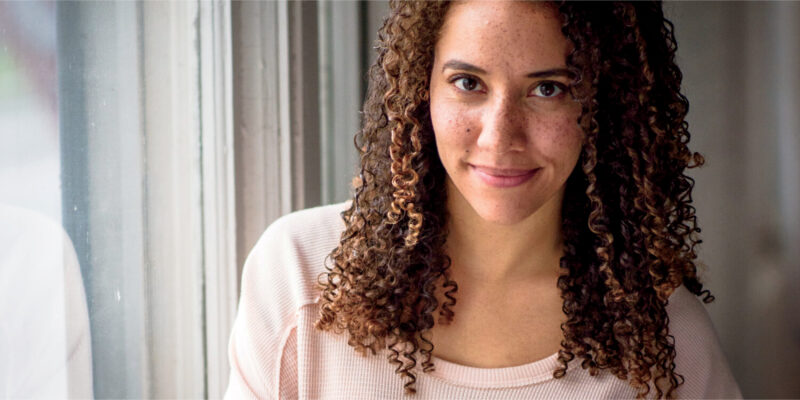
Meet the starts of our upcoming film: Ray Strachan and Julie Lumsden.
Q: Let’s start with the biggie: in your view, are the Macbeths a happily married couple? Why or why not?!
A-Ray: Yes, I think before their downfall they are very much in love. It’s not until their plan goes awry, where their love is strained and starts to fall apart.
A-Julie: I think our beloved Mrs and Mr Mackers are perfectly suited for each other. Does that mean that they are happily married? Maybe not. But they are two halves of the same ambitious pie.
Q: Often, it’s been said that Lady M “pushes” Macbeth into action…but let’s be honest, he is not without agency or self-control. Who really is to blame for Duncan’s murder, and what unfolds thereafter?
A-Ray: Both. I think both are obsessed with power and glory.
A-Julie: Hmmm. I think like a good divorce, the blame for Duncan’s murder is split 50/50 between these lovers. Lady M is acting in Macbeth’s best interest, knowing all they can gain if they get rid of this obstacle. Who knows if she would have done the deed had he not had the courage? It wouldn’t have happened without her, that I know for sure.
Q: Do you think the Macbeths had children? The text seems to allude that Lady M has cared for a baby…
A-Ray: I think they did have a child that didn’t survive. It’s something that’s still a sore spot for the two, and somewhat of an embarrassment.
A-Julie: This is highly contested, argued and played out in different ways in performance. For me, our Lady M has experienced a lot of loss in her life. She knows the deep well of pain that is possible in a human lifetime. Has she lost a baby? Was she a wet nurse? Was she married before and lost her husband? Is she infertile? The answer to that may need to be my little secret. But I do know that she has experienced deep grief, making the decision to act upon her ambition even more vital.
Q: Let’s say the witches never show up, and no prophesy about Macbeth becoming the King is ever revealed, what do you think happens to the couple?
A-Ray: I still think they find themselves in trouble. I think them not having a child leaves them empty, and unaccomplished, leaving them hungry to fill that void. I don’t know if their goals would be as lofty without the prophecy, but there’s a deep seeded unhappiness that the Macbeths need to address.
A-Julie: Oooh! If I could write this script, it would include Mackers and Lady M becoming very wealthy, possibly becoming the first ever millionaires of a multi-level marketing scheme? Something sinfully successful that preys on the easily manipulated. With Lady M in glorious gowns with lots of ladies in waiting. Something like that.
Q: Funnily enough, while we were filming our own black-and-white cinematic version of Macbeth, one of the Coen brothers announced they too were wrapping production on their own black-and-white screen adaptation, starring Denzel Washington in the title role. What are your thoughts on the importance of IBPOC artists tackling and reinterpreting the big classics, and what are your dreams and hopes for Shakespeare in performance in the 21st century?
A-Ray: I hope that more Shakespearean works are filtered through the lens of diverse experiences and perspectives. Not only will that help keep The Bard relevant, but it will make his works more accessible for many more people.
A-Julie: What is so exciting about our production of Macbeth, I think, is that we can stand fully in our humanity in these roles. From day one that was encouraged by the whole team. These roles have been interpreted every way from Sunday, and to be able to take these words from these characters, means something different in our bodies. What does it mean when these words are said by a Metis woman? How does that affect the way we interpret those words? It adds a new dimension to these classics when we can meet them with our full selves, when we are not just playing the “classic” Lady M.
My dream for Shakespeare in performance from this point on, is that no one ever thinks “I can’t play that role” or “I’m too….. for Juliet”, or “Helena wouldn’t be….”. Shakespeare’s plays have stood the test of time because these stories are HUMAN. These stories do themselves a disservice when they are not portrayed with plurality, on every level. On stage, back stage and in the audience.








